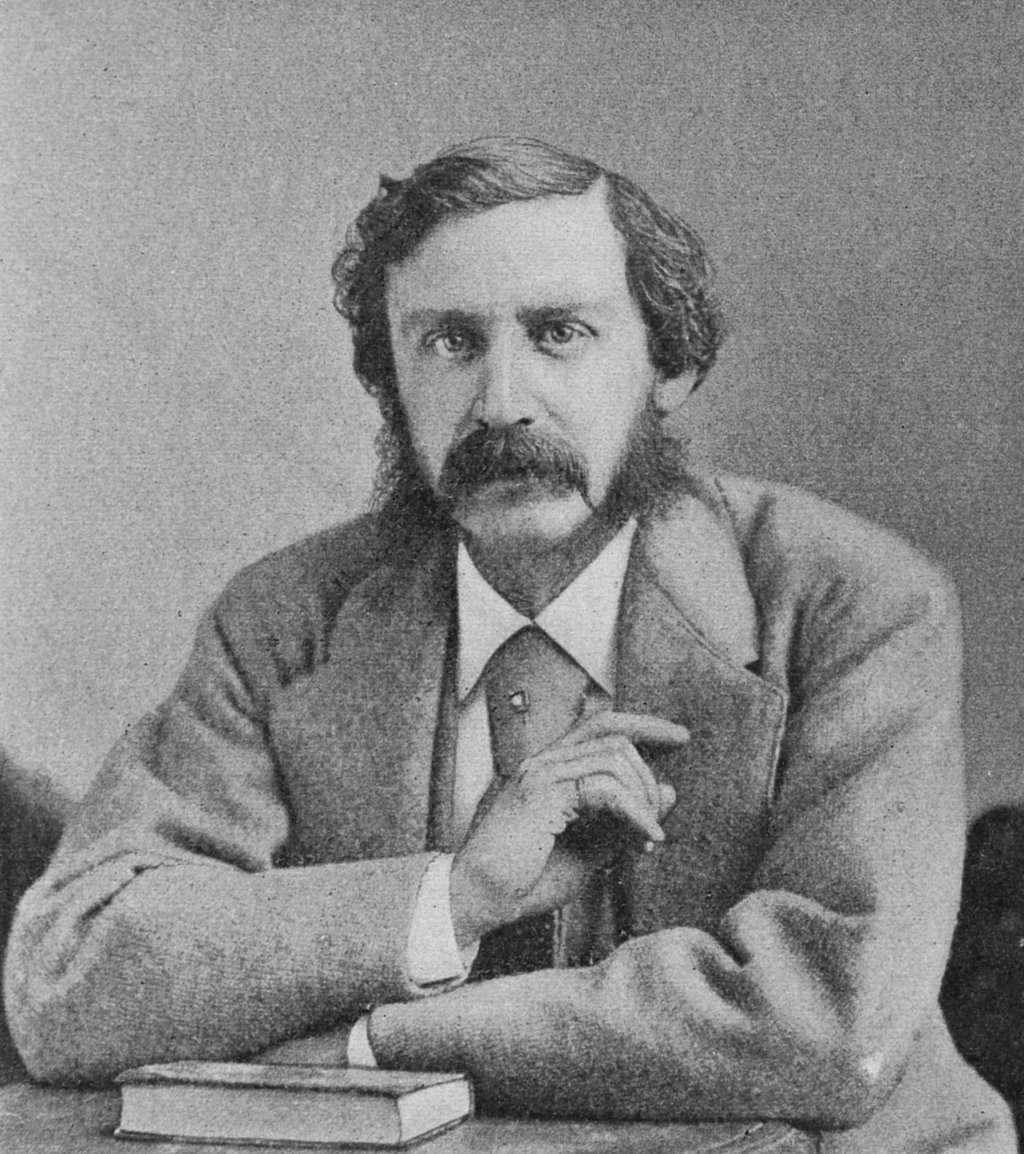How one poem dealt Chinese in America an unprecedented body blow, becoming ‘the hallmark of the China exclusion movement’
- Bret Harte’s woefully misunderstood 1870 poem The Heathen Chinee gained enormous popularity in America, crystallising anti-Chinese sentiment

“We are ruined by Chinese cheap labor!” is not a recent quote from an American politician seeking bipartisan applause, but a line from the most popular poem in the English-speaking world in 1870.
The Heathen Chinee was embraced by millions, made its author one of the most famous men of his era and had an unprecedented effect on how the Chinese were perceived in the United States.
The work, by Bret Harte – actual title Plain Language from Truthful James – was of the spoken-poem genre designed to be memorised and recited before a crowd of friends or family, the viral social media of the day.
The Philadelphia Inquirer praised the poem, first published in a relatively obscure San Francisco literary journal Harte himself edited, The Overland Monthly, as “a masterpiece that has found favor in a wider and more varied constituency than perhaps any other poem ever written”.
According to The Buffalo News, the poem ran “like wildfire through the newspapers of the country”.
Academic Gary Scharnhorst wrote in 1996 that it was “one of the most popular poems ever published”.

